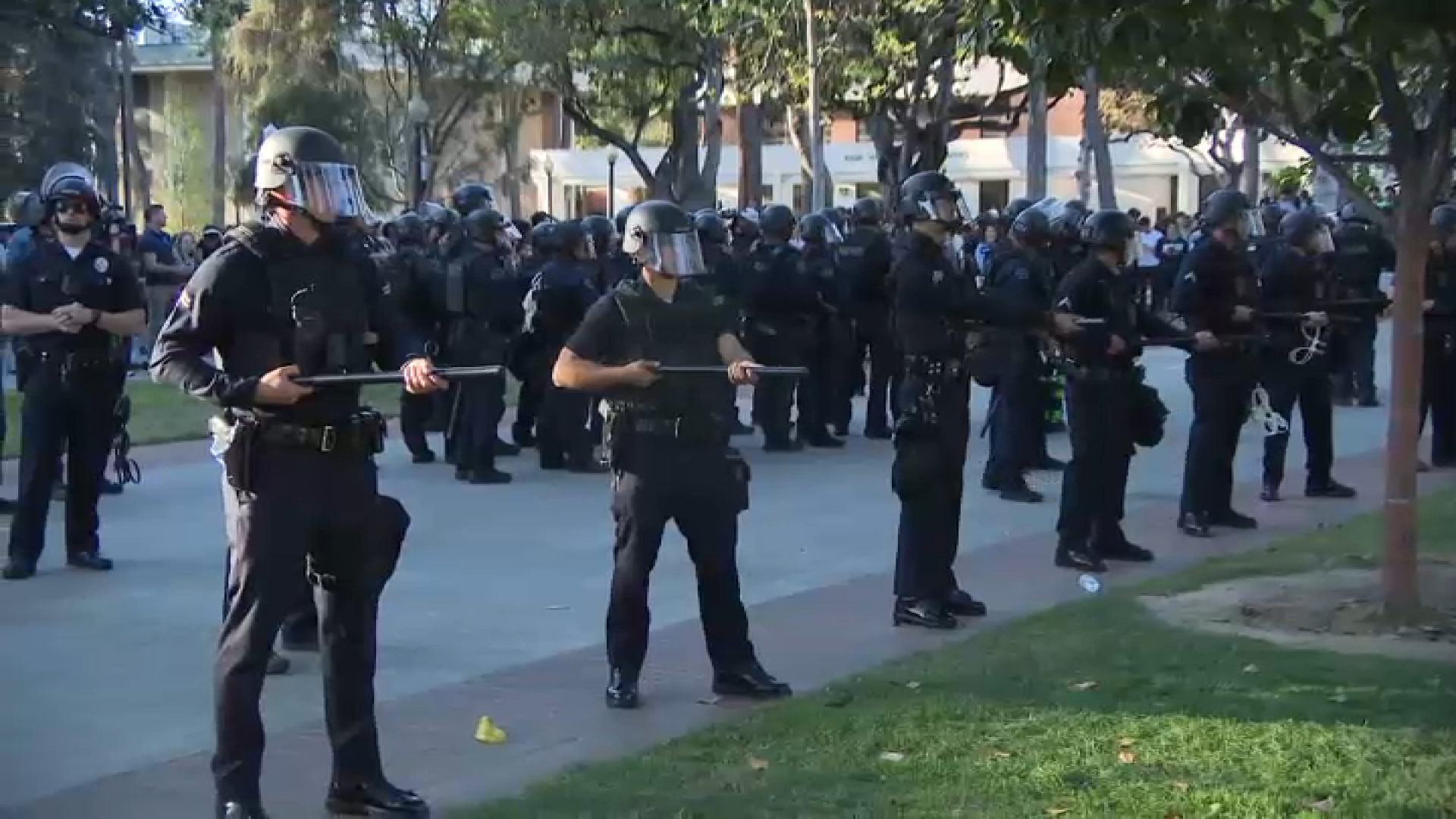Here are some tips to be prepared when evacuating with your pet.
Before Evacuating:
Prepare an emergency kit for your pet. The kit should include food and drinking water, along with a first aid kit and any medications your pet may need.
A leash and carrier to transport your pet safely and to ensure your pet can't escape are recommended.
Make sure your pet has a collar with an up-to-date identification collar in case you are separated.
Consider having your pet microchipped. This will make it easier to reunite you with your pet if you are separated.
If you know you will most likely be evacuated soon, keep your animals inside as much as possible to keep them away from the poor air quality outside.
News
Top news of the day
Shelters:
If you are looking for an evacuation center or shelter for your pet contact the sheriff's office in your area and double check pets are allowed at shelters.
Red Cross shelters do allow service animals to stay at shelters. However pets are not allowed at the shelters. However, the Red Cross does work with local partners to find shelters nearby for your pets.
If you are looking for a long-term place to keep your pet through evacuations check websites such as BringFido for lodging.
Call ahead to hotels and motels to see if they will accept pets in an emergency evacuation.
Evacuating:
Remember throughout the evacuation process to be evaluating your pet to make sure they are not suffering from possible smoke or dust irritation or burns.
"Wildfires bring two main concerns — burns and smoke inhalation," said Trupanion staff veterinarian Dr. Sarah Nold. "Your pet should be evaluated as soon as possible by a veterinarian and monitored closely for many days afterward."
According to AVMA, if your animal is experiencing any of the following symptoms take them to a veterinarian as soon as possible: coughing or gagging, eye irritation, nasal discharge, difficulty breathing, disorientation or weakness.
And always remember that if your home is unsafe for you, it is unsafe for your pets.



